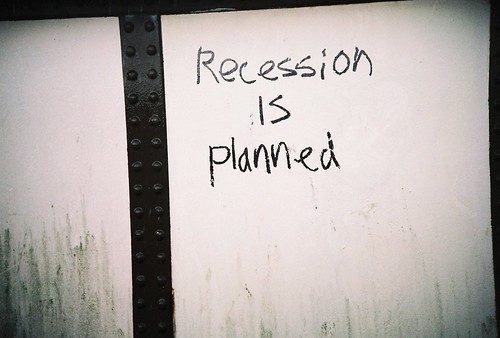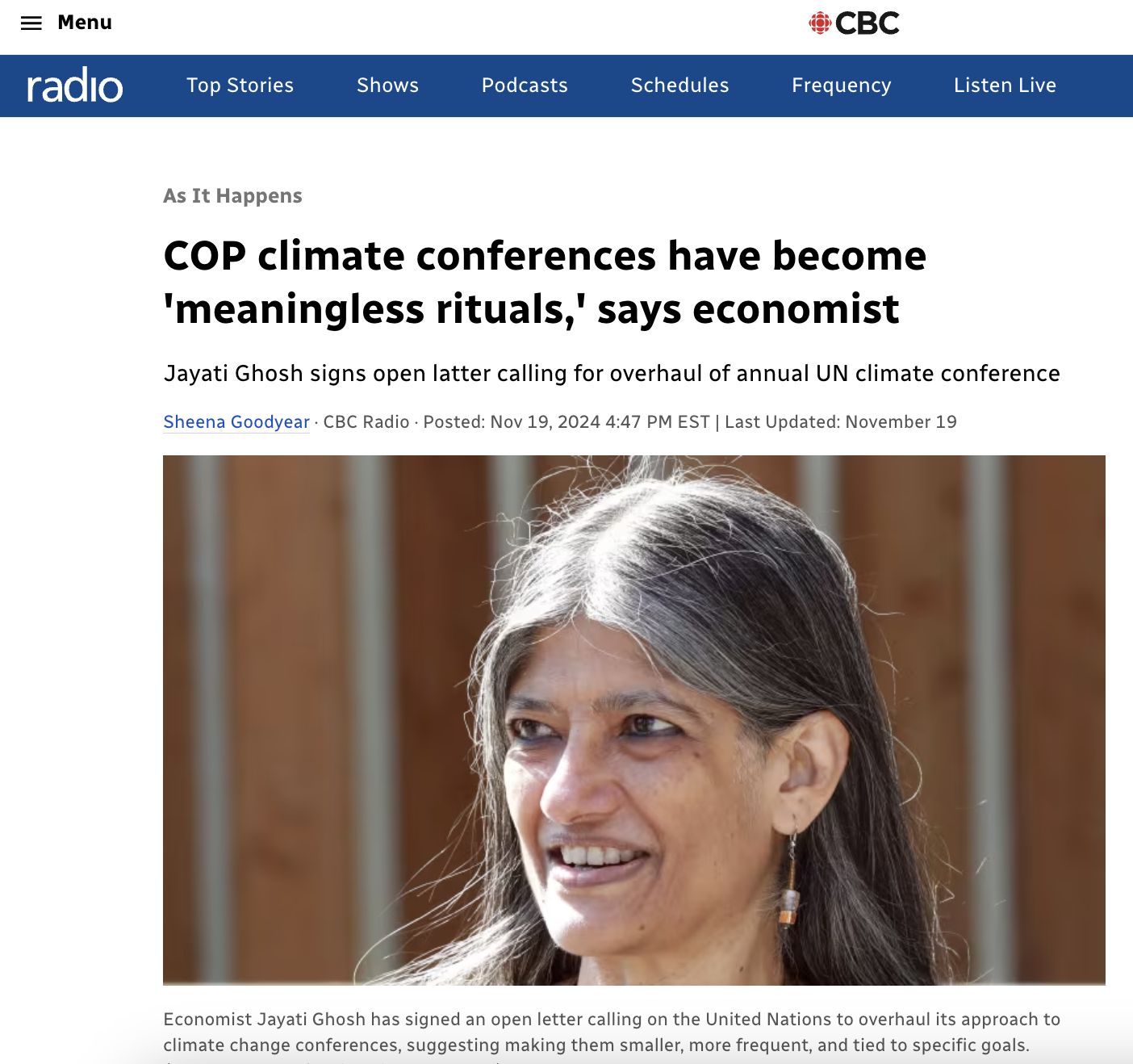
https://www.eenews.net/stories/1062743761
Outbreak reveals radical climate idea: Economic ‘degrowth’
By Daniel Cusick, E&E News reporter Climatewire:
The concept is called “degrowth.” It involves a planned slowdown of economic sectors that emit large amounts of global carbon dioxide. Those sectors would scale down until the broader economy meets “sustainable emissions levels,” advancing long-term health and environmental goals.
“Stopping the spread of coronavirus is paramount, but climate action must also continue. And we can draw many lessons and opportunities from the current health crisis when tackling planetary warming,” Natasha Chassagne of the University of Tasmania wrote in The Conversation, a publishing portal for academics.
“The global response to the coronavirus crisis shows that governments can take immediate, radical emergency measures, which go beyond purely economic concerns to protect the well-being of all,” Chassagne wrote, adding that there are “practical lessons and opportunities we can take away from the coronavirus emergency.”
Proponents of the controversial idea, which has found traction mostly outside the United States, stress that “degrowth” involves a purposeful contraction of high-emitting sectors while growing other sectors that produce low or zero emissions. The COVID-19 pandemic, by contrast, is an unplanned crisis that has sent the entire global economy into a tailspin.
“Nobody advocates for such unplanned economic contraction because that has all sorts of negative social effects, including rising unemployment, stress, and poverty. So we must never confuse degrowth with recession,” Samuel Alexander, co-director of the Simplicity Institute and a lecturer at the University of Melbourne’s Office for Environmental Programs, wrote in a column published by Resilience.org.
The current coronavirus outbreak, which by some estimates threatens to shrink the U.S. economy by 25% in the second quarter of 2020, has already resulted in a massive contraction of the energy, transportation and industrial sectors. Steeply falling oil demand has cut U.S. refining by its largest margins since 1986.
U.S. experts, while not promoting “degrowth,” acknowledge that one outcome of the coronavirus pandemic is a steep decline in emissions associated with industry and travel.
“It’s important not to trivialize all the human suffering associated with this virus, but there are key lessons in the observed drop in pollution levels,” said Jonathan Overpeck, a climate scientist and a dean of the School for Environment and Sustainability at the University of Michigan.
“First and foremost is the fact that climate change action will by definition eliminate most of the pollution-causing fossil fuel burning. This co-benefit of climate action will thus greatly reduce the significant health hazards associated with our worst source of air pollution,” he said in a statement.
…
“COVID-19 may deliver some short-term climate benefits by curbing energy use, or even longer-term benefits if economic stimulus is linked to climate goals — or if people get used to telecommuting and thus use less oil in the future,” Jason Bordoff, a former climate adviser in the Obama administration and the founding director of the Center on Global Energy Policy at Columbia University, wrote in Foreign Policy last week.
“Yet any climate benefits from the COVID-19 crisis are likely to be fleeting and negligible,” he added. “Rather, the pandemic is a reminder of just how wicked a problem climate change is because it requires collective action, public understanding and buy-in, and decarbonizing the energy mix while supporting economic growth and energy use around the world.”
Alice Bows-Larkin: ‘Economic growth needs to be exchanged at least temporarily for a period of planned austerity in wealthy nations.’
‘This is not about just incremental change. This is about doing things differently, about whole system change, and sometimes it’s about doing less things.’
‘We really need to make significant change.’ (Full Transcript of talk here:)
From a study in the journal Nature: “A Good Life for All Within Planetary Boundaries:” – “We apply a top-down approach that distributes shares of each planetary boundary among nations based on current population (a per capita biophysical boundary approach)…If all people are to lead a good life within planetary boundaries, then our results suggest that provisioning systems must be fundamentally restructured to enable basic needs to be met at a much lower level of resource use.”
UK Guardian: Report advocates ‘limits to economic growth’, or ‘degrowth’ for Earth’s sake – Scientists vindicate 1972 ‘Limits to Growth’ – ‘Report warns that a continuation of ‘business as usual’ exploitation of the world’s fossil fuels could potentially trigger runaway global warming that, in several centuries or thousands of years, permanently destroy the planet’s capacity to host life.’
Economic ‘degrowth’ proposed to combat climate change – Reduction in salaries does not lead to a ‘reduction in the level of happiness’ – ‘Policies aimed at effectively mitigating climate change through a reduction in economic growth and consumption of fossil fuels would have a monetary impact on the economy, but also an impact on the wellbeing and happiness of individuals…Dr Sekulova highlights that the fact that “the reduction in salaries in the two years before the survey, from 1,373 to 1,310 euros monthly in average, did not represent a reduction in the level of happiness.’


